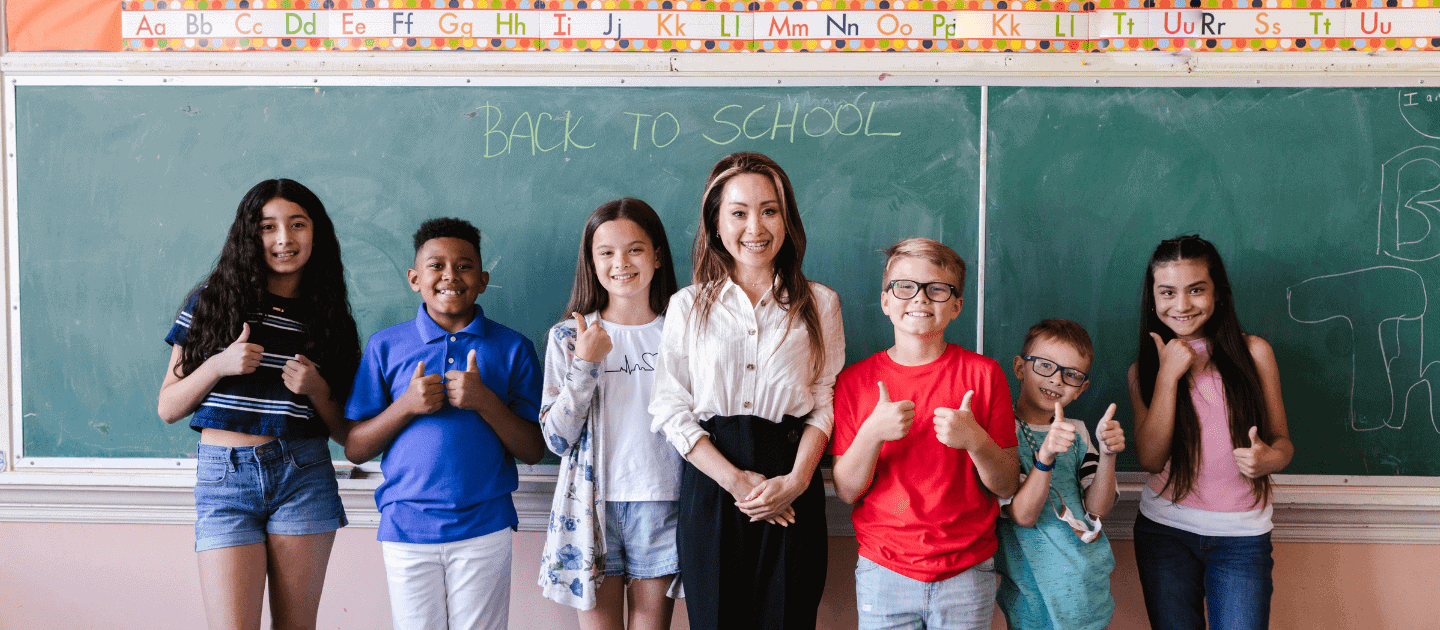
The impact of teacher attitude and teaching approaches on student demotivation: Disappointment as a mediator
Teachers sometimes treat their students differently from one another, focusing more on the low-performing students.
23 Mar 2024
April 27, 2022

Key Takeaway: Teachers sometimes treat their students differently from one another, focusing more on the low-performing students. As a result, feedback is given to these students in a manner that directs and controls their learning, rather than encouraging higher-level thinking. —Shekufeh Monadjem
Eddie Denessen (University of Leiden), Annelies Keller (University of Leiden), Linda Van Den Bergh (Fontys University), and Paul Van Den Broek (University of Leiden) formed a hypothesis stating that there is a difference in how teachers treat their students and that teachers offer more frequent and challenging interactions to those students who have high academic achievements and a higher socioeconomic status.
Educational policies are calling for more individualized and differentiated ways of teaching in order “to promote the learning opportunities of each individual student. To reach this goal, teaching should be tailored to individual students’ needs.”1 But to what extent are the student-teacher interactions free from bias? According to the authors, “with differential treatment of students, teachers may exacerbate or reduce achievement differences in their classroom.” This behavior may result in teachers “treating their high-expectation students more favorably.”
A study conducted in eight fourth-grade classrooms in the Netherlands indicated that there was indeed a difference in teacher-student interaction, but contrary to expectation, teachers “interact more frequently with their low-performing and low-expectation students.”
The study also examined the feedback that was given to the students in the class. “Feedback can be the most powerful tool to support students’ learning, but effects depend on the quality of the feedback interactions.” Effective feedback needs to be related to a goal and directly applicable to the learning habits and thought processes of the student. Feedback can be given either in a directive or facilitative way. When giving directive feedback, “teachers tell students how to process information . . . carry out a task . . . or they ask questions for which they expect a certain answer.” This method can be successfully used when a new concept is taught. However, with the use of facilitative feedback, “teachers prompt students to think by asking them open-ended questions or by giving them hints that facilitate learning,”2 and therefore help students to construct their knowledge. This type of feedback is used to foster higher-level thinking and learning.
Ultimately, it was observed by the authors that “teachers showed a rather directive style of teaching, more targeted at weaker students in their classrooms.” The low-performing “students were given more turns and more feedback.” It was also noted that the teachers provided these students with directive feedback, indicating that teachers took more control over these students’ learning.
Summarized Article:
Denessen, E., Keller, A., Van Den Bergh, L., and Van Den Broek, P. (2020), Do Teachers Treat Their Students Differently? An Observational Study on Teacher-Student Interactions as a Function of Teacher Expectations and Student Achievement. Hindawi Education Research International, Vol 2020.
Summary by: Shekufeh – Shekufeh believes that the MARIO Framework builds relationships that enable students to view the world in a positive light as well as empowering them to create plans that ultimately lead to their success.
Additional References: